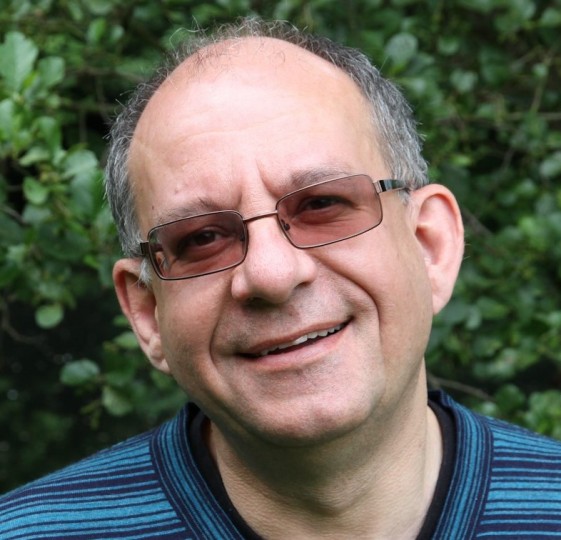Barnsley MBC High Needs Case Review
Barnsley MBC – High needs case review - 31st January 2014
Introduction
Barnsley MBC engaged Alder to provide professionally credible project leadership that would bring together a suitable high cost case review team including staff from the local Community Learning Disability Team. The broad remit of the team led by Alder was to review all of the residential placements and the in-house supported living placements in order to:
• Stratify support needs to inform local service redesign,
• Consider those placements in terms of appropriateness, quality and cost, and
• Negotiate new placement contracts where necessary.
Additionally, Alder also provided a report that forecast the scale and type of alternative service provision for this group of service users. This informed commissioning plans.
Overall Progress at 31st January 2014:
• 49 residential cases had been reviewed.
• 26 were LA funded, 18 were health funded cases, 5 were joint funded.
• 18 negotiations were complete.
• 17 cases being actively case managed and on track to progress to less intense support,
• One case had a new package competitively procured – resulting in improved quality of life at 37% reduced costs compared to original placement cost,
Value for Money at 31st January 2014:
• The original cost to CCG of these placements = £2,474,836 p.a.
• Its saving to date = £293,800 p.a.
• The original cost to BMBC of these placement = £2,534,480 p.a.
• Its savings to date= £300,258 p.a.
• This represents a 12% saving so far.
• Since the original PCT & BMBC investment in this project was £150,000 non-recurrent funding in 2012/13 i.e. it has already paid this investment back four times over,
• Further savings expected when active case management cases progress i.e. given half only half the negotiations are complete so far it is reasonable to forecast that total savings could eventually be 20% or more.
Future Plans:
• Barnsley will apply the same principles to people in supported living services e.g. thorough re- assessments and progression focussed active case management.
• Develop the market for a wider choice and breadth of supported living providers.
• Refine/redesign the model of supported living to ensure best practice and balance of personal choice versus efficiencies and economy of scale.
Three specific case examples showing the success of the approach so far are:
Geraldine:
After a number of failed placements that resulted in Geraldine moving from a supported living setting to specialist residential care, Geraldine was now ‘settled’ with extensive one to one support. On assessment it was clear that Geraldine had good independent living skills but she did struggle with anxiety and constantly sought reassurance – this is what the one to one was for. With the help of the specialist health behavioural team the provider has successfully reduced the one to one to pockets of support for focussed and person centred activities and Geraldine is learning to deal with anxiety without the need for reassurance – and without the ‘feedback loop’ her anxiety is reducing.
Tom:
He is a 27 year old man with autism/ moderate LD who was placed in a residential college at transition. Five years ago he was placed with the same provider in a large residential unit near the college he had attended and he has remained there since. He was becoming socially isolated and withdrawn with no purposeful activity. The traditional nature of the residential model resulted in limited acquisition of skills, lack of social networking and lack of social inclusion. The review and negotiation resulted in a fee reduction from £93,000 p.a. to £80,000 p.a. at once. The support package was redesigned to deliver measurable outcomes such as shopping independently: travelling to and from work experience; preparing his own meals. At a follow up review he spoke about his recent achievements and was clearly enjoying the momentum of change. He is now moving into a flat with a friend and will be supported at a fee of £75,000p.a. His parents are fully supportive of the step down opportunity.
Tim:
He is a 48 year old man who was placed in a independent hospital, 100 miles from home, under section after an assault on a peer. He remained with the same provider in a residential unit next to the campus for 20 years at a fee of £ 106,500 p.a. He had been regularly reviewed, but no plans for change were made. A reduction of 10% was offered once the evidence that this intense service was not required, was presented to the provider during negotiation. A visit to the home LA was arranged but he chose not to return. The social worker is now working with the individual, his family and local services to move into supported living with friends in the next month.



